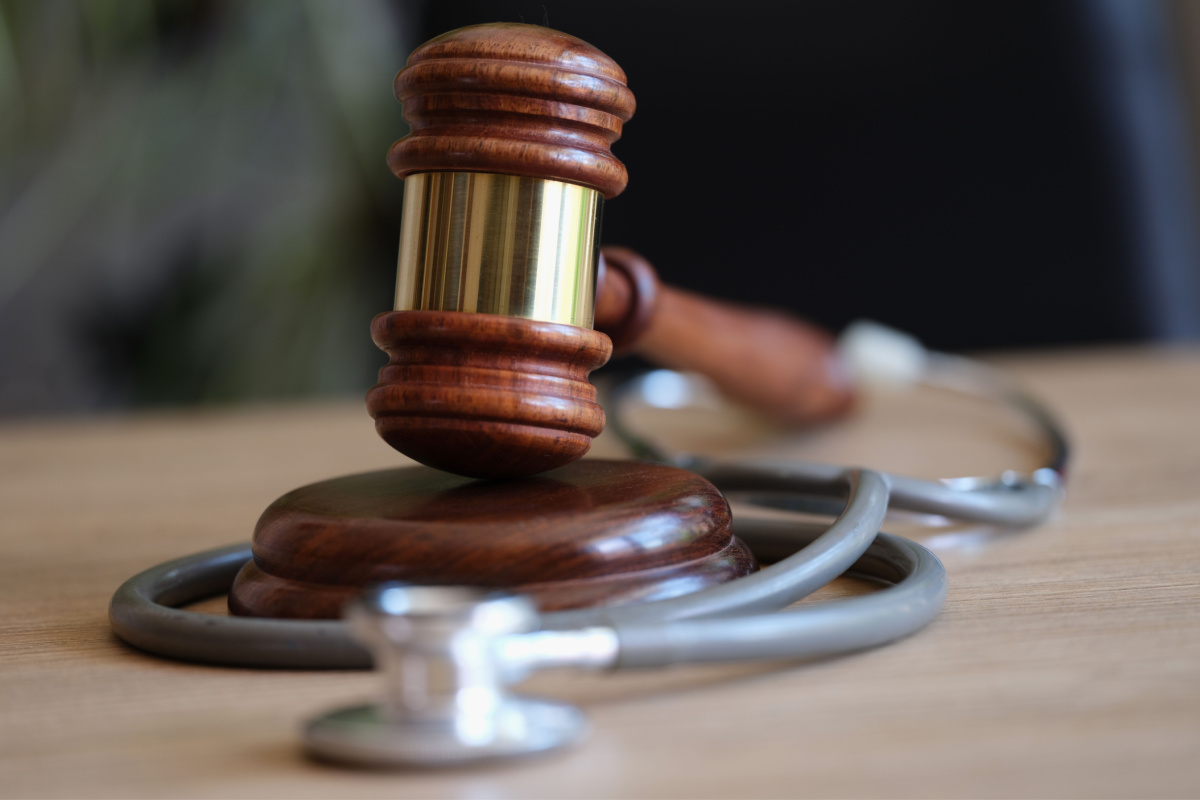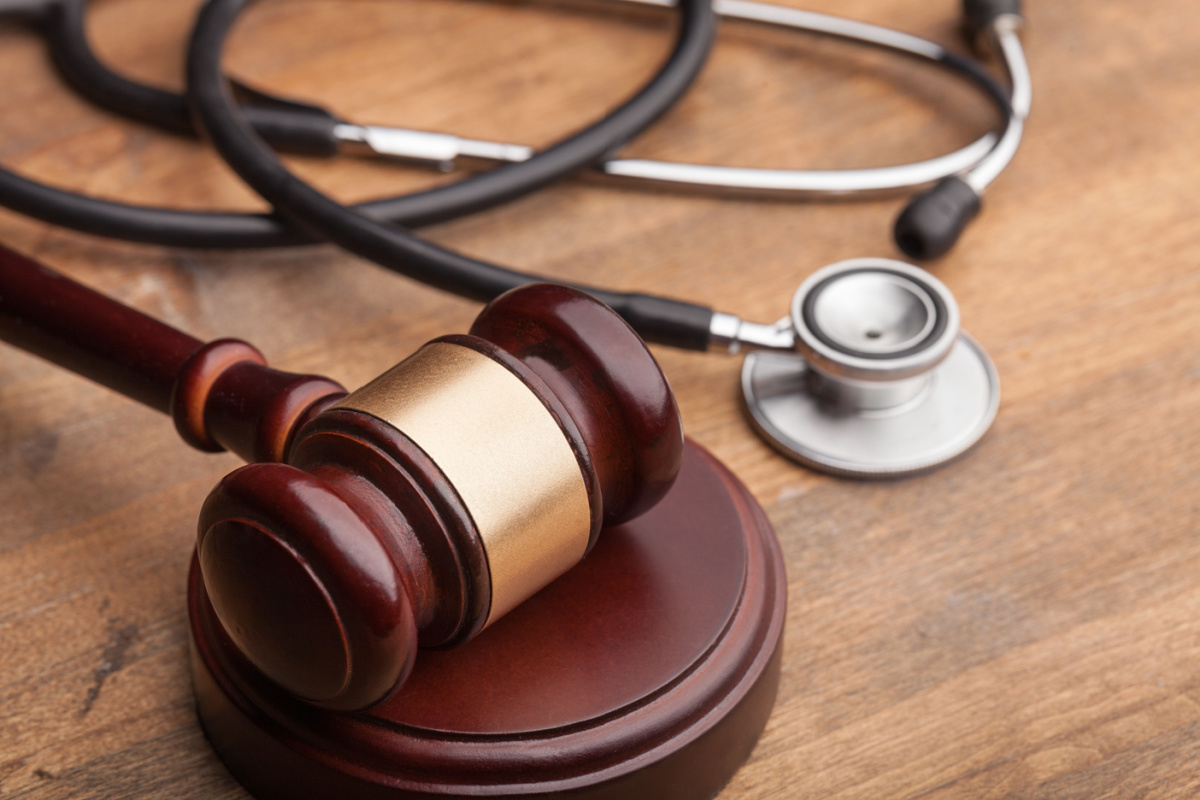




Attorney at Debt Advisors Law Offices
Practice Areas: Chapter 7 Bankruptcy, Chapter 13 Bankruptcy, Stop Foreclosure

In personal injury cases, payouts can be significant. A recent report on personal injury payouts showed:
Bankruptcy offers a way out for individuals drowning in debt, but not all debts are treated equally under federal law. Personal injury debts, often resulting from accidents or negligence, present unique challenges when considering bankruptcy as a financial reset button. Some may assume filing for bankruptcy will wipe out all obligations, including those related to personal injury, reality paints a more nuanced picture. Various factors, such as the type of bankruptcy filed and the nature of the personal injury debt, can influence whether these debts are dischargeable. In essence, bankruptcy and personal injury debts intersect requiring careful consideration.
When it comes to bankruptcy, two main types often come into play: Chapter 7 and Chapter 13. Chapter 7, commonly known as “liquidation,” involves selling off assets to pay back creditors. In contrast, Chapter 13, often called “reorganization,” allows individuals to keep their assets while setting up a repayment plan. Each type has its own set of rules and implications for personal injury debts. For instance, Chapter 7 might offer a quicker way to discharge some debts but could also require giving up valuable assets. On the other hand, Chapter 13 allows for more flexibility in retaining property but demands a commitment to a long-term payment plan.
Personal injury debts often arise from situations where someone gets hurt due to another’s actions or negligence. These debts can include medical bills, lost wages, and even compensation for emotional distress. Unlike credit card debt or mortgages, personal injury debts carry a personal element, often involving pain, suffering, and a disrupted life. These debts can be substantial and may seem overwhelming, especially when coupled with other financial obligations. While some might think bankruptcy can serve as a magic wand to make these debts disappear, it’s not always so straightforward. Federal laws have specific guidelines about which debts can be discharged through bankruptcy and under what conditions.
Federal laws play a significant role in determining how bankruptcy affects personal injury debts. Under U.S. law, bankruptcy falls primarily under the jurisdiction of federal courts, guided by the U.S. Bankruptcy Code. The code outlines types of debts which can and cannot be discharged. Personal injury debts occupy a unique space within these legal guidelines. For example, debts arising from willful or malicious injury to another person are generally not dischargeable in a Chapter 7 bankruptcy. Chapter 13 offers a bit more leeway but still comes with its own set of limitations.
While bankruptcy can offer a fresh financial start, it’s not a one-size-fits-all solution, especially when it comes to personal injury debts. Certain exceptions exist preventing debts from being discharged. For instance, debts related to wrongful death or drunk driving usually remain intact even after bankruptcy proceedings. Similarly, debts stemming from intentional harm are generally not dischargeable. Federal laws have carved out these exceptions to protect victims and hold individuals accountable for their actions. Each bankruptcy chapter comes with its own set of rules regarding dischargeable debts. These exceptions serve as important caveats, underscoring the complexity of bankruptcy law in relation to personal injury debts.
Bankruptcy can be a double-edged sword when it comes to managing personal injury debts. On the positive side, filing for bankruptcy can offer immediate relief from creditors and may discharge some debts, providing a fresh financial start. Chapter 7, for example, can eliminate unsecured debts quickly, while Chapter 13 allows for a structured repayment plan. However, there are downsides to consider. Filing for bankruptcy can severely impact one’s credit score, making it difficult to secure loans or credit for several years. Additionally, not all personal injury debts are dischargeable, especially those resulting from intentional harm or specific exceptions outlined in federal law. Moreover, the process can be time-consuming and emotionally draining. Understanding both the advantages and disadvantages is essential for anyone contemplating bankruptcy as a means to address personal injury debts.
Bankruptcy isn’t the only avenue for managing personal injury debts; several alternative solutions exist. One option is negotiating directly with creditors to lower the debt amount or to create a more manageable payment plan. Another approach involves debt consolidation, where multiple debts are combined into a single, more manageable monthly payment. Debt settlement companies also offer services to negotiate with creditors on behalf of debtors, although it’s important to be cautious of fees and other costs associated with such services. Additionally, some people opt for personal loans at lower interest rates to pay off high-interest debts, although this strategy requires a decent credit score. Each alternative comes with its own set of pros and cons, and none offer the clean slate, bankruptcy can provide. However, for those who find the implications of bankruptcy too severe, these alternatives can offer a viable path for managing personal injury debts.

Bankruptcy and personal injury debts intersect in complex ways, governed by a myriad of federal laws and individual circumstances. While bankruptcy can offer a lifeline to those overwhelmed by debts, it’s not a guaranteed solution for all types of obligations, especially personal injury debts. Exceptions exist preventing the discharge of these debts, and each type of bankruptcy—Chapter 7 and Chapter 13—comes with its own set of rules and limitations. Alternative solutions also exist for those who find the consequences of bankruptcy too daunting. In sum, understanding the intricacies of how bankruptcy impacts personal injury debts is essential for making informed decisions.
Before making the decision to file for bankruptcy, especially in cases involving personal injury debts, it’s crucial to be well-informed about all your options. Seeking advice from trusted professionals, such as those at Debt Advisors, can offer clarity. For those in the Madison area, visiting the Madison, WI office of Debt Advisors can be a pivotal step. The detailed insights available, ranging from understanding the role of Wisconsin courts and bankruptcy petition preparers to comprehending the impact of bankruptcy on rental properties, are invaluable. Additionally, the unfortunate rise in wrongful foreclosures and mortgage issues adds another layer of complexity. Thus, securing expert advice before filing can help navigate these nuances, ensuring that you’re making the best decision for your unique situation.
If you are filing for bankruptcy, contact us or call us at 866-696-6432 today for a free consultation.

Learn about bankruptcy protections, types of bankruptcy, how to get started, what to expect, and who to trust. Filing bankruptcy is the ONLY way to completely eliminate debt. If bankruptcy is right for you, it offers powerful protections that cannot be achieved through alternative solutions such as hardship relief, loans, or debt settlement.